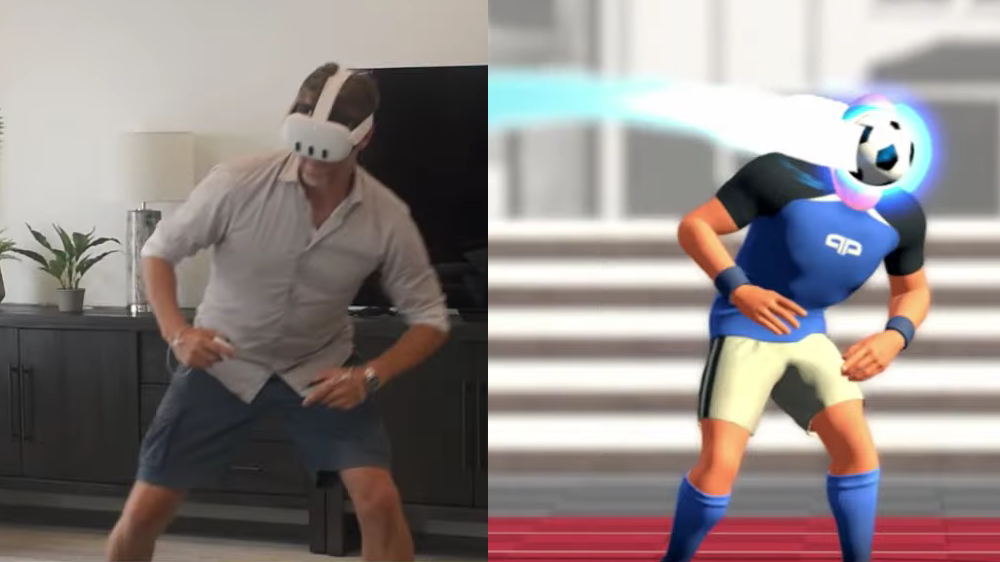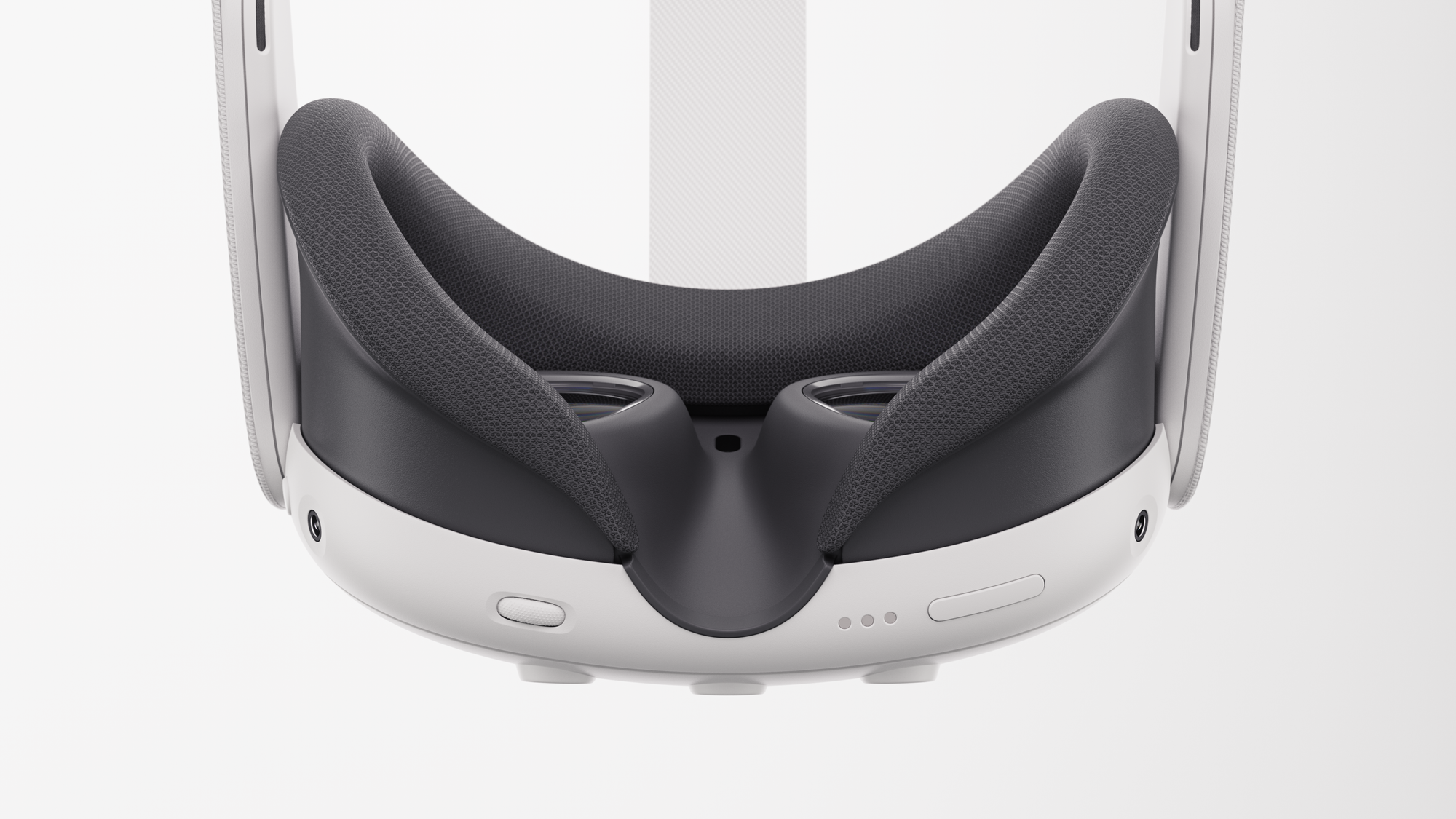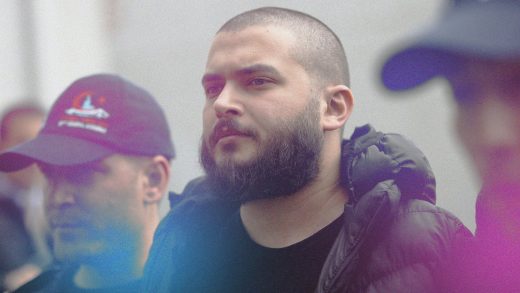
Quest 3 is scheduled to get upper body tracking and AI estimated legs in a software update in December.
All other major VR systems only track your head and hands, while some also track your eyes, and a few track facial expressions. Quest 3 doesn’t have eye or face tracking, but it will get a tracking feature not seen in any other headset to date.

Quest 3 will be able to leverage its side cameras, which face downward, to track your wrist, elbows, shoulder, and torso using advanced computer vision algorithms. Meta calls this Inside-Out Body Tracking (IOBT).
This will prevent the issues with inverse kinematics (IK) estimated arms, which are often incorrect and feel uncomfortable because the system has to make guesses from just the location of your head and hands. After this update on Quest 3, when apps integrate the new SDK update, you should see your arms and toro as they are – not an estimate.
Upper body tracking will also let developers anchor thumbstick locomotion to your body direction, not just your head or hands, and you can do things like lean over a ledge and have this show realistically on your avatar.
Meta is also launching Generative Legs in December, which will use a “cutting edge” AI model to estimate your legs positions – a technology the company has been researching for years. On Quest 3, Generative Legs will deliver a more realistic estimate thanks to using the upper-body tracking as input, but it also works on Quest Pro and Quest 2 using only head and hands.
The Generative Legs system is just an estimator though, not tracking, so while it can detect jumping and crouching, it won’t pick up many actual movements like raising your knees.
Together, inside-out upper body tracking and Generative Legs enable plausible full bodies in VR, called Full Body Synthesis, with no external hardware.
Meta announced that Full Body Synthesis will come to Supernatural, Swordsman VR, Drunken Bar Fight, and the SDK will be available for other developers in December.


